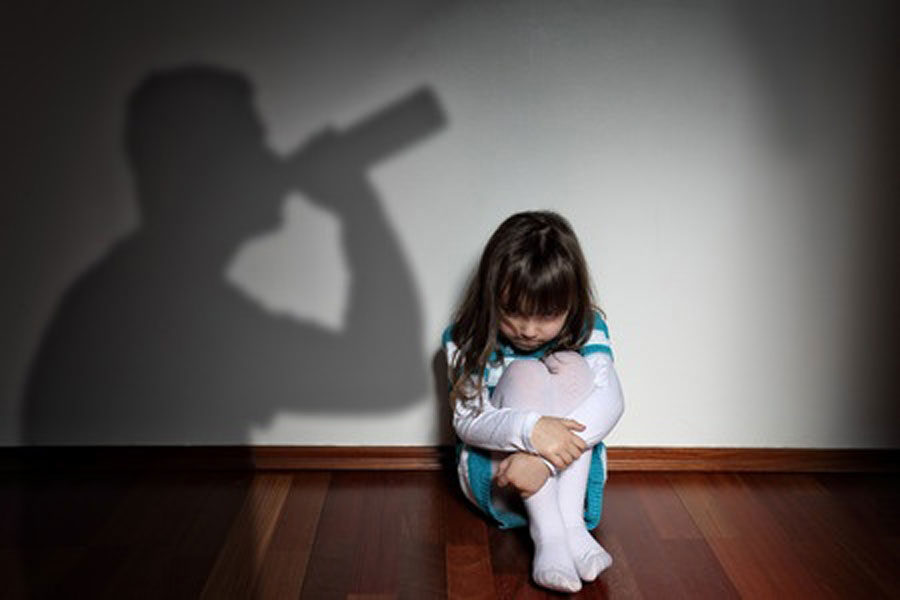Alcoholics Affect Everyone in a Family
April 20, 2017
According to the American Association for Marriage and Family Therapy, alcoholism affects about 18 million adults in the United States alone. This means 26.8 million American children are exposed to alcoholism in their families, with 6.6 million children 18 years and younger living in households with at least one alcoholic parent.
Children are impacted by alcohol abuse more than one might think.
According to AAMFT, children have “great strength, resilience, and coping skills, which can help them adapt in order to function as normally as possible.” However, it is also true that “Children with alcoholic parents are more likely to experience symptoms of anxiety and/or depression, antisocial behavior, relationship difficulties, behavioral problems, and/or alcohol abuse.” Children of alcoholics may also experience chaos, neglect, marriage instability, disorganization, physical and sexual abuse, loneliness, and feelings of emptiness. They are also more likely to witness violence or abuse toward others.
Children often blame themselves for their parents’ alcohol abuse, according to the American Academy of Experts in Traumatic Stress: “Despite the suffering these children endure, many blame themselves for their parents’ substance abuse. They believe it when their parents scream that they wouldn’t drink so much or use other drugs if the children did not fight, or rooms were kept clean or grades were better.”
Some children try to get straight A’s or not fight with their siblings just to get their parents to stop drinking while other children distance themselves, trying not to cause a disturbance.
Although children are highly impacted by alcoholism, they aren’t the only ones. The website AllPsych defines alcoholism as “a family disease” and asserts that alcoholics disrupt life and cause long-term harm to extended familyies as well. Alcoholism is responsible for more family problems than any other single cause; one in every four families has problems with alcohol.
Dr. Tian Dayton writes in the “Huffington Post” about her experiences as a child growing up with an alcoholic father. She describes that her father was her favorite person, although he had “two very distinct personalities.” He was the man “who tenderly gave me cafe au lait on a spoon and fresh-squeezed orange juice in a baby glass, who listened to my childish sentences with such pride and pleasure, who dreamed impossible dreams for my future.”
Dayton then goes on to explain that her dad was also her “monster.”
“But still,” Dayton writes, “this was my family, my dad, my monster, and I had to do something to make emotional and psychological sense of living with a parent who made me feel both safe and terrified — a parent whom I loved and hated all at once.”
All children are faced with integrating parts of their parents that they both love and hate, but for the child in the alcoholic home, this becomes a uniquely challenging and daily experience.


